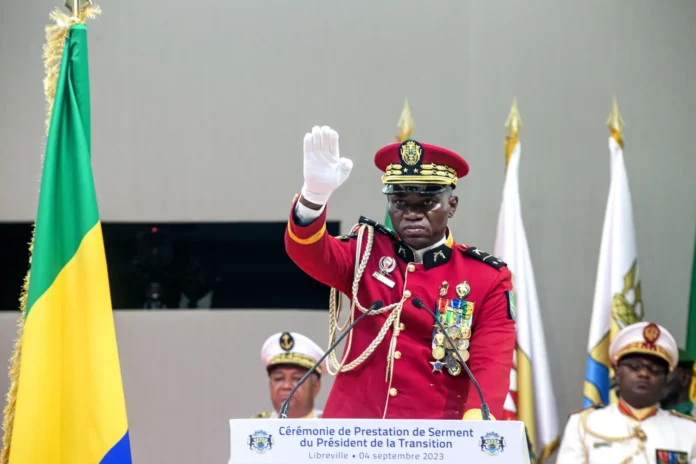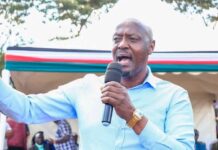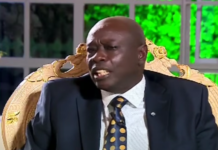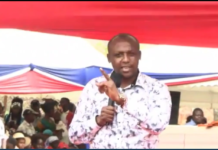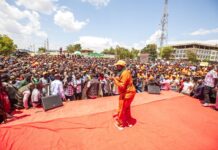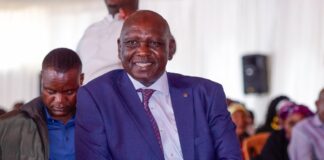Written by Lisa Murimi
In a move with significant international relations implications, Gabon’s Council of Ministers has granted amnesty to participants in the 2023 coup and the failed 2019 uprising, while unveiling sweeping economic reforms aimed at stabilizing the nation’s political and economic standing.
Announced on August 12, the amnesty extends to members of the Committee for Transition and Restoration of Institutions (CRTI), which toppled former President Ali Bongo, and to key figures from the 2019 coup attempt, including Lieutenant Kelly Ondo Obiang.
The gesture, framed as “appeasement and national reconciliation,” aligns with Transitional President Brice Clothaire Oligui Nguema’s commitment to political healing and could enhance Gabon’s image as a post-conflict state moving toward stability.
From an international relations standpoint, the amnesty may serve as a soft power tool, signaling to regional and global partners—particularly the African Union and ECCAS—that Gabon is prioritizing peace over retribution.
By removing a source of political grievance, the move could improve domestic cohesion and reduce the risk of renewed insurgency, thus enhancing state legitimacy in the eyes of foreign investors and diplomatic actors.
Alongside its political reconciliation efforts, Gabon is pursuing economic reforms aimed at 10% medium-term growth, tighter fiscal discipline, and safeguarding jobs for its citizens.
By prioritizing value-added production over raw material exports, the government aligns itself with the African Continental Free Trade Area’s (AfCFTA) integration objectives— a move that could bolster Gabon’s leverage in multilateral trade negotiations.
Restricting certain sectors to Gabonese nationals may also resonate with protectionist economic currents in the Global South, signaling a commitment to economic sovereignty—a stance that could attract nationalist support at home while complicating relations with some foreign investors.
Gabon’s combined push for reconciliation and economic reform marks a deliberate attempt to reshape its international image—transforming from a coup-installed administration into a credible transitional government positioned to participate actively in regional diplomacy and global markets.









